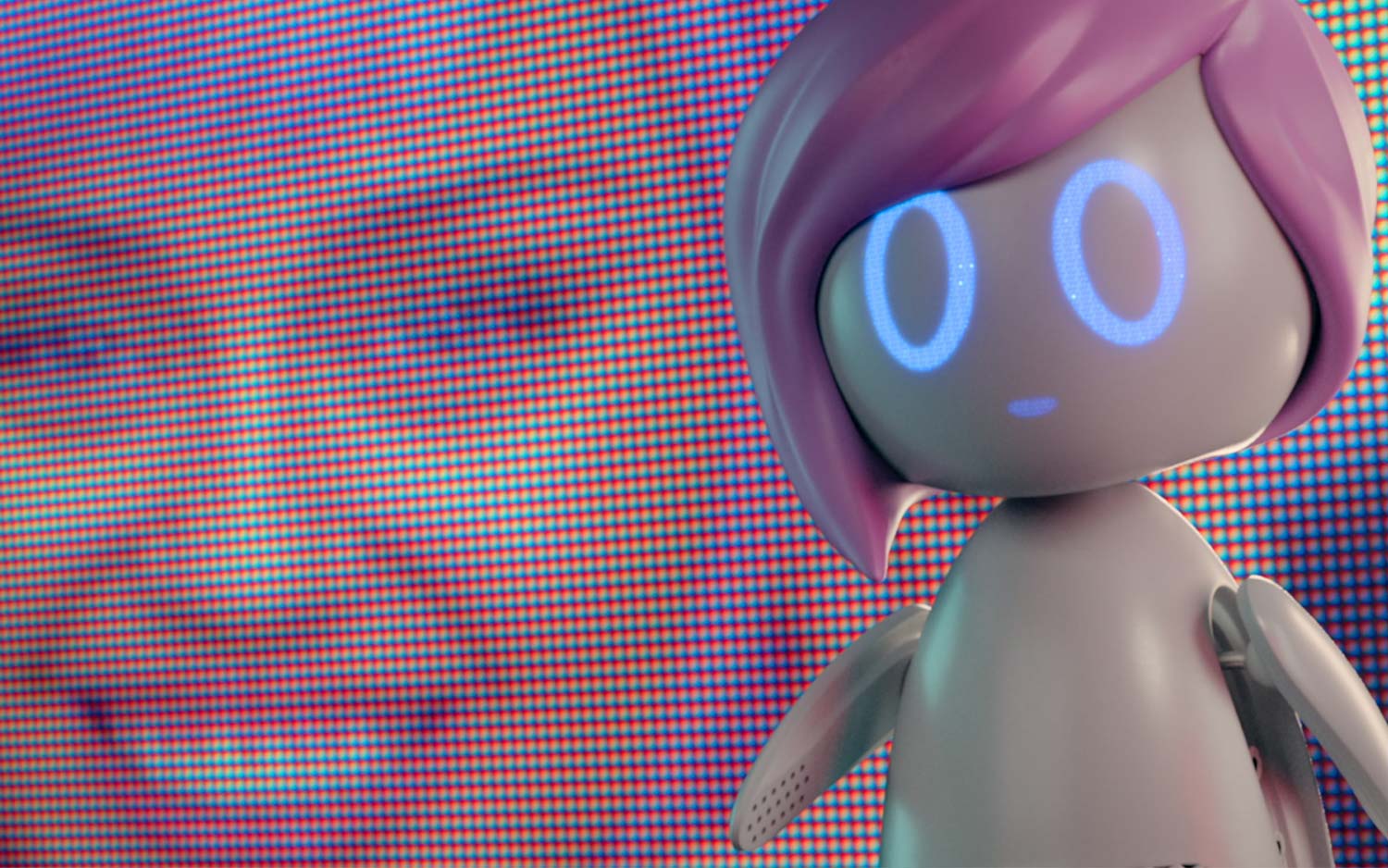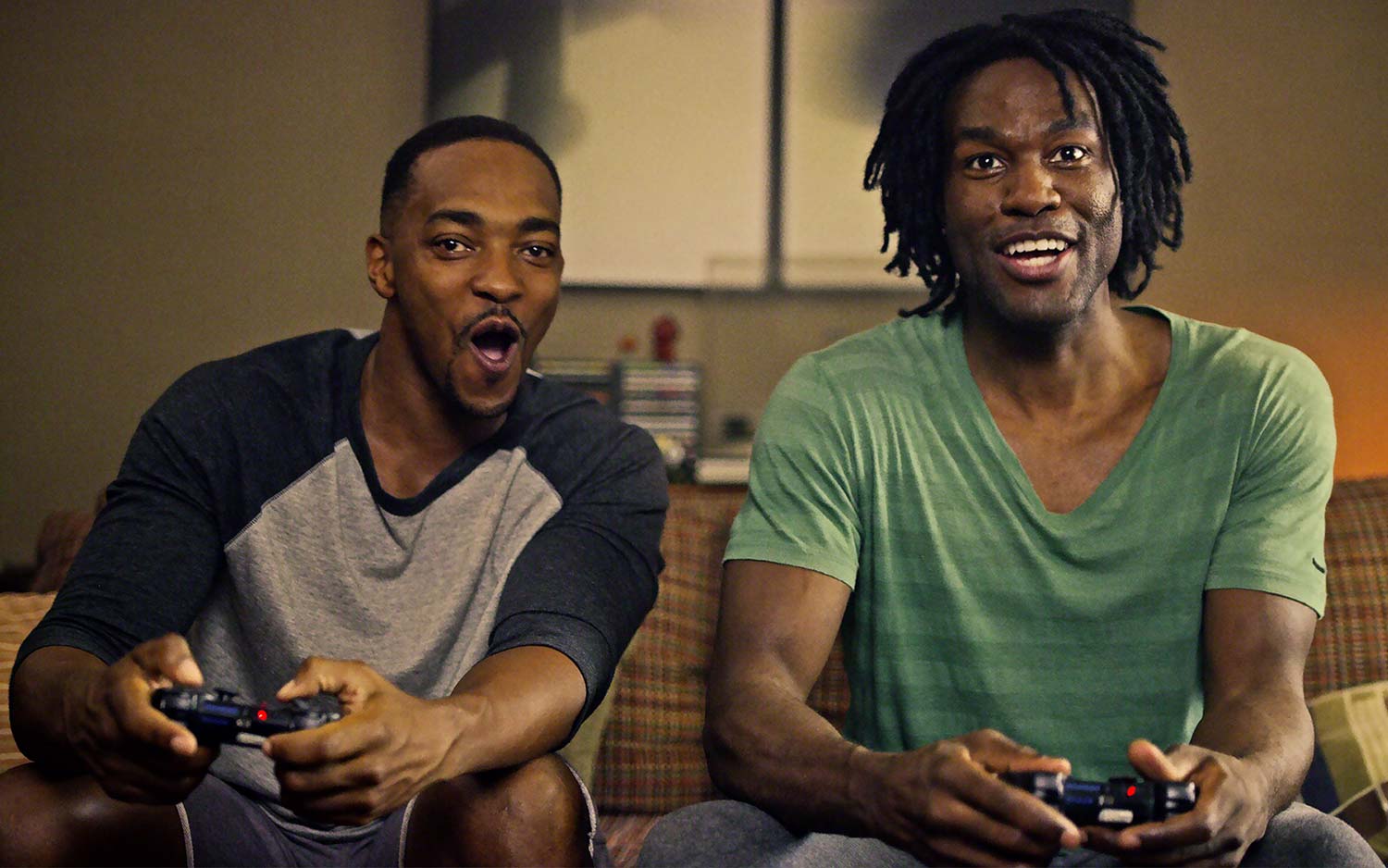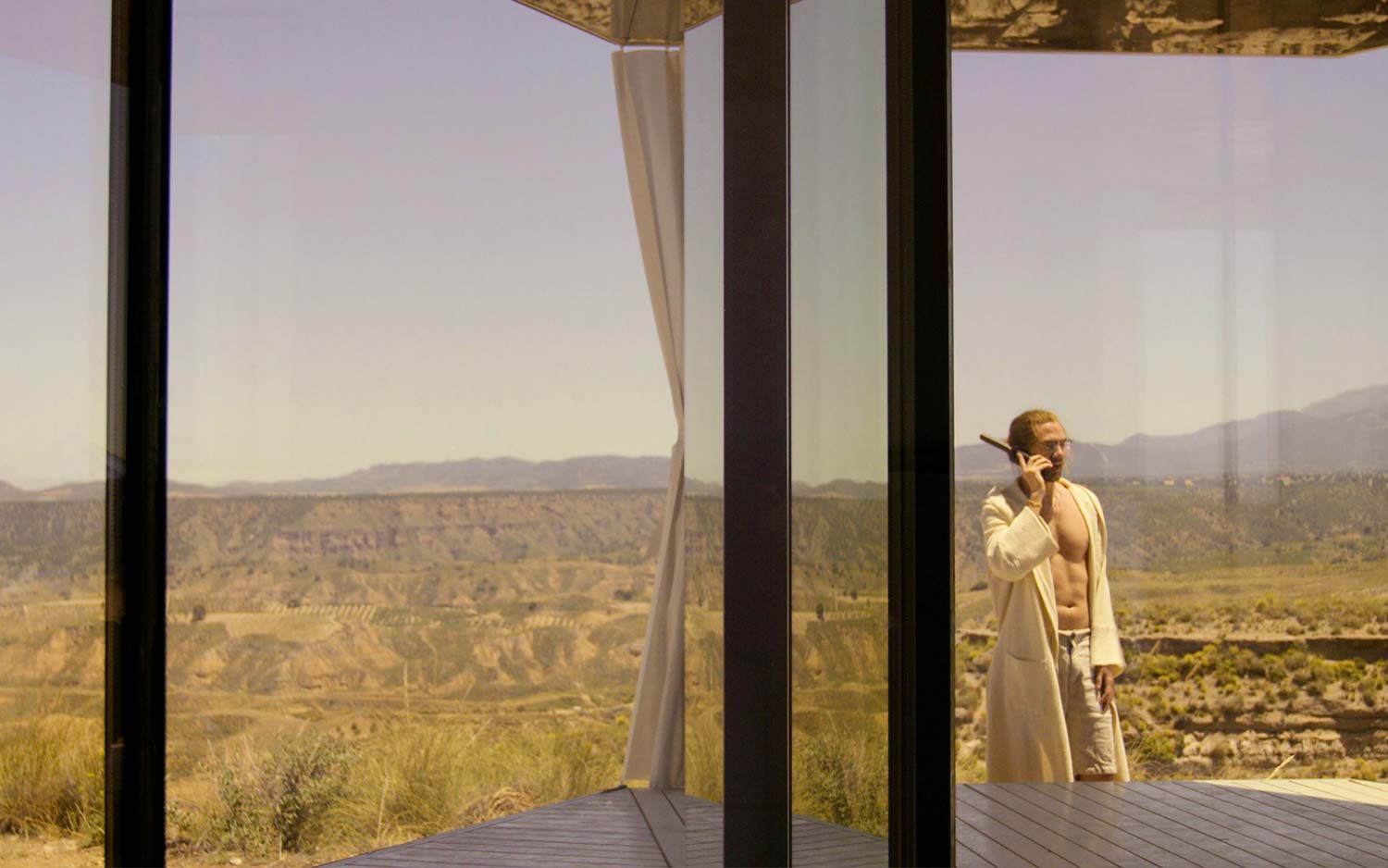Black Mirror Season 5 Is an Insult to My Generation
The new season of Netflix’s Black Mirror is a big middle finger to millennials.
WARNING: Spoilers ahead for Black Mirror Season 5.

I resisted watching Black Mirror for a long time. I was in high school and early college when the show was first on the rise. I'd grown up in a fairly strict household, where television was banned and I was limited to 30 minutes of internet per day. Though I was heavily involved in online communities and was exploring a burgeoning passion for web design, my parents insisted that technology was ruining my life; it was detracting from "real" activities, "real" connections.
And I quickly grew to resent the message, from both the adults in my life and the adults all over the news and social media, that things I loved were, by virtue of their circuitry, somehow lesser, let alone ruining our world. So I didn't want to watch Black Mirror. My life was already full of adults yelling at me to get off my phone; I didn’t need Netflix doing that, too.
But a friend convinced me, eventually. "Try one episode," he said. "I promise it's not like that."
The first episode I watched was The Entire History of You, set in a world where everyone has an implant that records everything that happens to them, so they can rewatch and broadcast all their memories. It all seems well and good for the protagonist, until obsessive rewatchings of his wife's interaction with an ex reveal that she's been cheating. This tears his marriage apart.

I was in love. I hadn't just watched another blunt cautionary tale about the evils of television. I had watched a study that was equal parts caustic and curious. It didn't complain about technology; it invited me to examine it, at its best and at its worst.
For four seasons, I loved Black Mirror. And for four seasons, it loved me back. It never preached; it pushed me to both celebrate and question the technology I love in ways I'd never thought to before.
But Season 5 is a new Black Mirror, a bluntly moralizing Black Mirror that no longer requites my love. The show climbed onto a soapbox at the very beginning of Episode 2, and it never came down.
The first episode (Striking Vipers) is fine. Two men enter a Street Fighter-esque virtual reality game and almost immediately start having sex. Setting aside the question of why a developer would feel the need to build sexual pleasure into a Street Fighter game, it's an enjoyable watch that touches on (without judging) the implications of full-body VR.

But Episode 2 (“Smithereens”) and Episode 3 (“Rachel, Jack and Ashley Too”) aren't just bad episodes; they're insulting to the demographic they think they need to reach.
The protagonist of “Smithereens” (a superb Andrew Scott) is a ride-hailing driver, and the episode opens with gratuitous shots of him transporting young passengers who are all — gasp! — using their phones! Eventually, he kidnaps a young intern (possible only because the kid is — gasp! — too distracted by his phone to notice his ride veering off course), holds the victim at gunpoint and demands a phone call with the kid's higher-up, a tech-mogul CEO.
The new Black Mirror made an hourlong PSA about distracted driving, lamenting that today's youth spend too much time online.
The hostage situation escalates, and the FBI gets involved. Eventually, we learn that the driver blames himself for a car accident that killed his wife because he was tempted to check a notification while he drove. The conclusion is ambiguous, and the episode ends with a solid several minutes of various shots of young people checking their phones. I kid you not: That's the episode.
The old Black Mirror would have lampooned the surveillance state that companies like Facebook promote, the dangers of commodifying users, the ever-creeping ubiquity of ads in our daily lives or some other legitimately terrifying consequences of social media. But the new Black Mirror made an hourlong PSA about distracted driving, lamenting that today's youth spend too much time online.
Vulture said it thus: "It's like spotting Godzilla on the horizon but only worrying that people might trip and fall over some debris Godzilla leaves in its wake. The concern is legitimate, but surely the more interesting story is about the massive, people-gobbling lizard?"
Smithereens doesn't contemplate the future that technology might bring. It just looks down at young people in today's world and shouts, "Get off your phone!"
“Rachel, Jack and Ashley Too” stars Miley Cyrus as Ashley O, a pop star who captures the heart of the angsty teenage protagonist the same way Miley captured mine a decade ago. It turns out Ashley isn't as happy as she looks in her music videos and would like to take a grungier direction with her music. Of course, her overbearing aunt and manager won't have that. (There's a bunch of other stuff too: The protagonist buys an Alexa-esque robotic version of Ashley who turns out to be sentient, while evil aunt develops a hologram to replace her charge onstage; it all says nothing and has been done better in other episodes.)
But the message that the season finale shouts to young people is, again, so obvious that it's condescending. "Kids, being a pop star isn't always glamorous. Their lives are hard, too, especially in the era of fetishizing tech." I can imagine 14-year-old me saying, "No duh."
I hope this isn't the end of Black Mirror. I hope the next season is as smart and empathetic as the earlier seasons were. But I won't know. I won't be watching.
Credit: Netflix
Sign up to get the BEST of Tom's Guide direct to your inbox.
Get instant access to breaking news, the hottest reviews, great deals and helpful tips.
Monica Chin is a writer at The Verge, covering computers. Previously, she was a staff writer for Tom's Guide, where she wrote about everything from artificial intelligence to social media and the internet of things to. She had a particular focus on smart home, reviewing multiple devices. In her downtime, you can usually find her at poetry slams, attempting to exercise, or yelling at people on Twitter.
-
ToBeFair To be fair, I don't believe that Smithereens is actually as preachy as it comes across.Reply
There is an implication throughout the series that many of the episodes take place in a shared universe. This episode does not have anything in it's content, that I noticed, precluding it from that same timeline. If so, that would make the events of the episode a sort of history events that have already occurred.
Episode 2, Smithereens, appears to take place in the modern day and would probably be in the first three if ordered chronologically. I think that what you are watching is not a moral highroad tale of , but rather a comment on the inevitability of technology to advance and supplant. The role it has in modern life (entertainment, employment, news), as well as the power it has (personal data profiles, private corporations with great power) are major themes for this one.
Even though this man was willing to go to such extreme lengths in an attempt to bring attention to what effect it can have on people, the creator of it is unable to do a thing to stop it. Topher Grace's character, a CEO and founder of a major platform is no more than a figurehead. Neutered, even when giving direct orders to people "below" him hierarchically. The police attempt to keep information limited to the public, but a kid with a phone was enough to bring the world to their doorstep.
Our coexistence with and dependence on technology and a connected world is inevitable, and there is nothing that can stop it. Some people might want to, some might become persuaded, but progress will not stop. These are just minor events that lead into the world of 50 Million Merits. -
RudyZiegler Annoying enough to see yet another writer say the occupation of Scott's character is driver, but this one paid so little attention that she seems to think the kidnapping was some sort of spontaneous act resulting from his annoyance with phone addicts. Scott's character was a TEACHER, whose life was destroyed by his moment of phone distraction, and during his months of dissolution and planning he bought an identity that let him impersonate a driver so he could kidnap a high-level employee of Smithereen.Reply
If she reviewed POINT BREAK, I can imagine her telling us "President Reagan robbed a bank. Did Nancy buy too many expensive outfits again?"
So if she sees this as Brooker criticizing Millennials for paying too little attention, it looks like he's right. -
NolanQ What do millennials hate most? Others trying to speak for them. lol.Reply
But really, I fervently disagree, as a millennial, with this article and would ask that you kindly don't take such a preachy tone yourself in future publications.
Also it rubs me the wrong way when you do so while exaggerating so incredibly for effect. "the episode ends with a solid several minutes of various shots of young people checking their phones."
"a solid several minutes" is in fact, just 30 seconds, in four shots edited in quick succession.
I know you don't want your articles to come across as annoying, so please consider these points in the future. Cheers! -
YoYoY0 Maybe you guys shouldn't get so butthurt about someone expressing a passionate opinion. I agree with the author 100%. The old black mirror was fresh, reflective, and emotionally complex. Season 5 has absolutely nothing to say that we haven't already heard 1000000000 times.Reply
